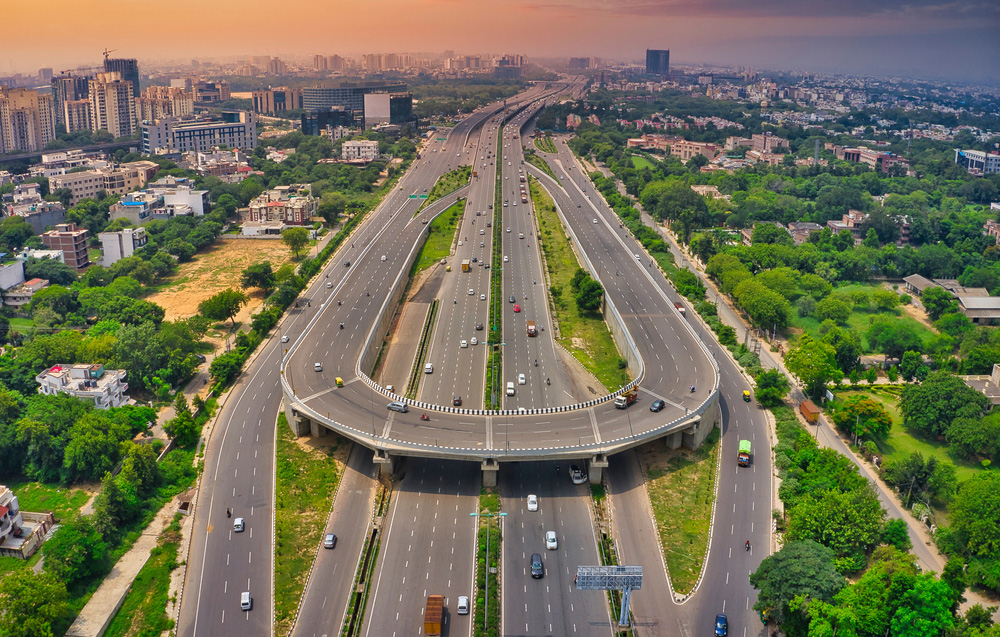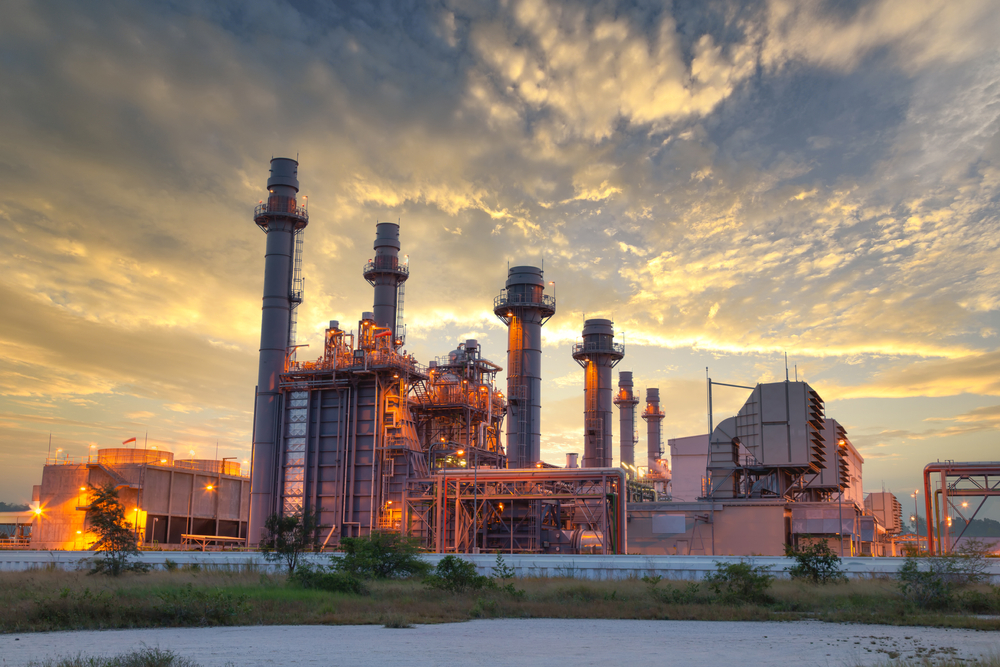One of the key drivers fuelling India’s ambitious growth story is infrastructure. As the country’s overall development is primarily pivoted on its infrastructural prowess, the sector enjoys intense focus from the government, which has been introducing viable policies targeted at ensuring the creation of a sustainable world class infrastructure in the country. India’s infrastructure sector broadly comprises of Mobility – rail, aviation and road networks, sustainable cities, water, energy, telecommunications, health and education among others. As you see, it touches everyone’s life in one way or the other.
Recent government announcements are all directionally good. Be it the National Infrastructure Pipeline (NIP) of Rs 111 crore under the for FY2019-25, with sectors such as energy, roads, urban and railways amounting to 71% of the projected infrastructure investment, or the online “holistic governance” system – PM Gati Shakti connects 16 ministries — such as roads and highways, railways, shipping, petroleum and gas, power, telecom, shipping, and aviation — with the objective to breaking silos among different departments to ensure holistic planning and execution of infrastructure projects, by reducing implementation costs. Then the initiatives on capital side like Asset Monetization, creating the NaBFID (National Bank for Financing Infrastructure and Development) or the InvITs (Infrastructure Investment Trusts) etc. Obviously, the jury is still out but there is no doubt government is creating the right environment to spur infrastructure growth.
Smart Cities Mission is to develop infrastructure in identified cities which will drive economic growth and improve the quality of life of people. This is being done by enabling sustainable local area development and harnessing technology, especially the ones that lead to holistic development, touching all elements be it mobility, healthcare, digitisation, sanitation and water etc. While sustainability and environment-friendly construction is becoming the need of the hour, Green Buildings are witnessing growing demands.
The government’s Jal Jeevan Mission is envisioned to provide safe and adequate drinking water through individual household tap connections by 2024 to all households in rural India. That is a very ambitious target, but a lot of work is already happening on that front.
With the recent revision in procurement guidelines, again the set-up is being created for a more transparent and efficient basis of selection of stakeholders be it contractors or consultants. Government’s unwavering emphasis on self-reliance or ‘Aatmanirbharta’ in the socio-economic development of the country has enabled India to pool in a large and versatile cadre of professionals with expertise and skills across a vast and ramified spectrum of skillsets.
Engineering and technical consultancy services, as the term suggests, include a wide bouquet of expert services that runs through the life cycle of the project. These are classified under pre-project, project execution, and post-project, broadly covering areas such as project identification/evaluation, environmental impact assessment, development/sourcing of technologies, preparation of feasibility reports, market studies, designing of projects, equipment procurement and erection, engineering design services, project management services, construction supervision and then eventually operations and maintenance. Hence the need for specialists with experience and expertise is required to offer sustainable solutions to Indian infrastructure needs and that’s what Engineering consultants provide.

MD – India & South Asia, Egis India
The infrastructure industry must put innovation at the heart of its future developmental goals to address many of the current and impending domestic and global challenges such as climate change and sustainability while delivering best in class quality for an effective and efficient holistic infrastructure. As the infrastructure sector continues to grow in India, there are rising demands for many new technologies in the ever-growing construction industry. Many of these technologies are either being developed indigenously or are being imported from overseas. With this, the scope and role of engineering consultants are also increasing manifold.
To conclude, we are in for exciting times of high growth. Government’s intent is all positive. If we execute well, India is well on its way to claim the eminent position it so deserves.



